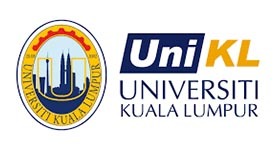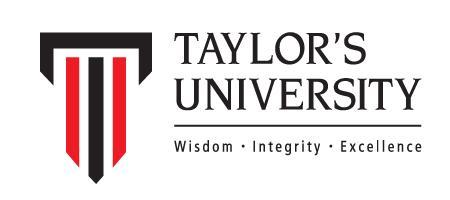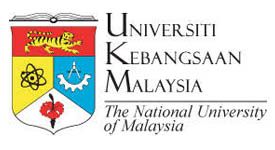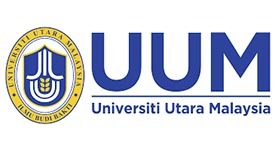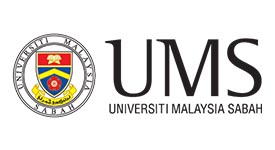- Home
- University
- University of Malaya (UM)
- course
- Bachelor of Chemical Engineering

University of Malaya (UM)
- Location: Beach Valley, 50603 Kuala Lump, Kuala Lumpur
-
-
Schooling:
-
View:
- Type: Public Institution
- Courses: 90
- QS World University Rankings: 60
- Times Higher Education World University Rankings: 251-300
- Get Direction
Bachelor of Chemical Engineering Fees Structure, Admission, Intake, Deadline
Study Mode:FULL TIME
Duration:4 years
Level:UNDER-GRADUATE
Exam Accepted:N/A
Intake:Malaysian-April for Semester I intake, International -June for Semester I intake
Tuition Fees:N/A
Course Intake
Jan
Feb
Mar
Apr
May
Jun
Jul
Aug
Sep
Oct
Nov
Dec
University of Malaya (UM) Popular Courses
Top Streams:
Malaysia Popular Courses
Top Streams:
Top Courses to Study in Malaysia
Top Streams:
International Islamic University of Malaysia
Gombak Road, 53100 GombakSel,, Selangor
University of Islamic Sciences Malaysia
New Town, 71800 Value, State o, Negeri Sembilan


